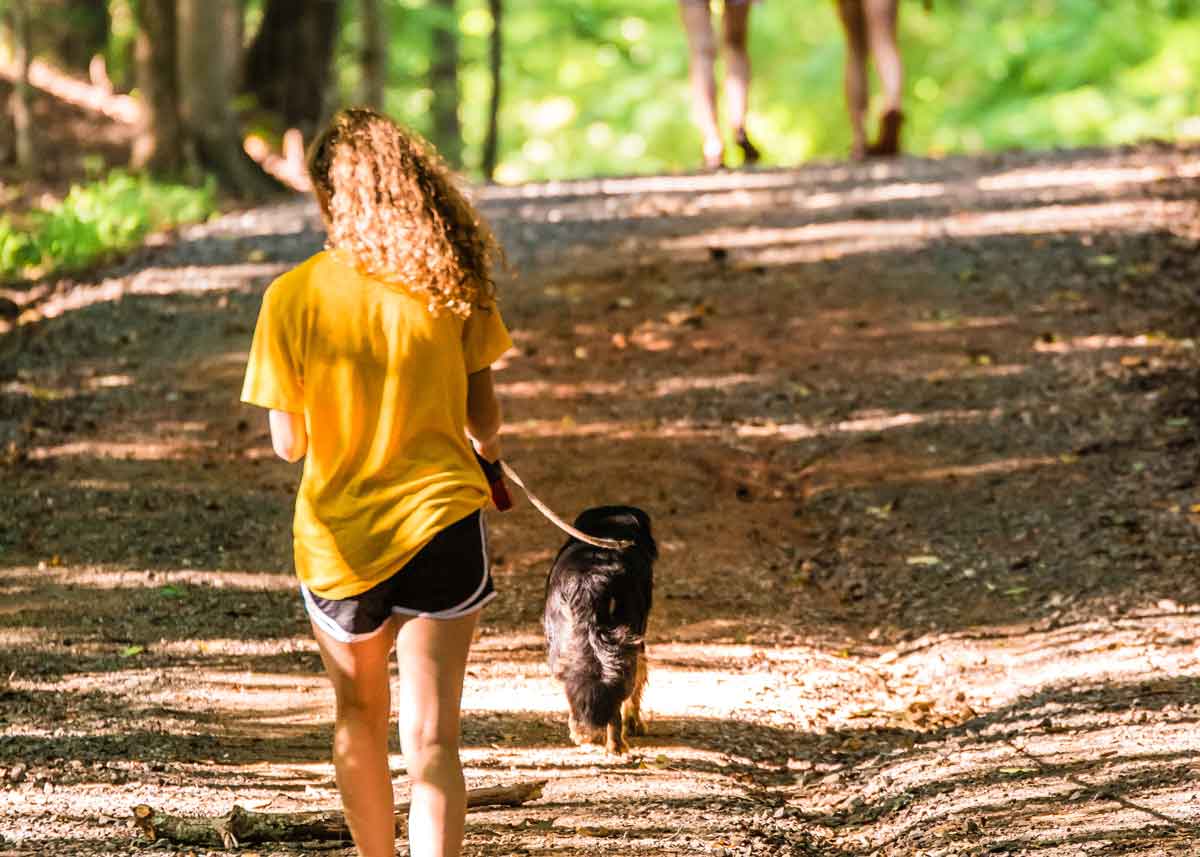

Always be consistent.

Every family member needs to be on the same page in regards to the dog or puppy's boundaries and rules.

Expect the same behavior no matter the situation.

Be Patient when working with your dog, especially with puppies who tend to have a very short attention span.

Be Confident when asking your dog or puppy to do something. They will sense this.

Don't raise your voice when you are irritated with your dog or puppy. Raised voices and excitement tend to make the situation worse instead of better.

Ask your dog to display a good behavior, such as sit, before petting or loving on him or her.

Try not to pet your dog or puppy every time he/she demands it.

Practice walking your dog on a leash even if he/she has a fenced in yard.

Unfortunately, puppies aren't puppies forever. For that reason, don't allow your puppy to exhibit bad behavior just because it's cute. It may not be as cute in about 6-9 months.

Monitoring food and water intake are key to potty training. You have to know when and what goes in to know when and what is going to come out.

Close supervision is also key to potty training. Remember if you were a dog, a whole house would seem to be a mansion; it is okay to limit the amount of space your dog is allowed in.
There's no better time for your dog or puppy to learn good behavior. Reach out today and we can talk about the best program for you.
